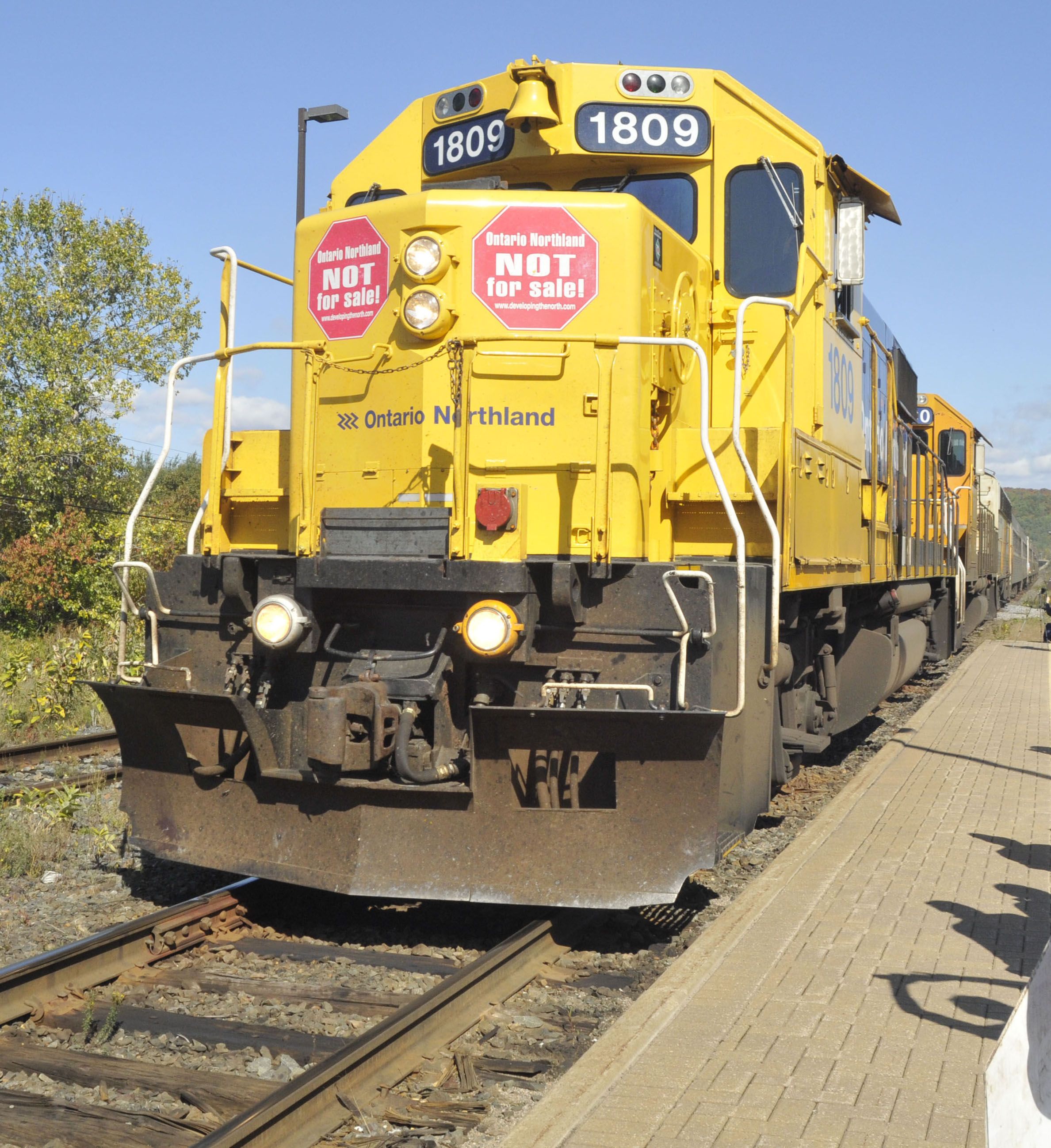I tend to agree. If not at the end of current rail then darned close to it (even on the south side of Hwy 101). Wherever they can access land for whatever facilities will be required. A bit out of the city centre but serviceable by transit and car (or, in Timmins terms, truck).
It really does make sense terminating the service at the major population centre for the area: ~43,000 vs ~5300.
If nothing else, it enables planners to focus and start implementing whatever is necessary. Moose Factory would be difficult as a terminus - it's on an island.

I highly doubt it. Because it is a mixed train, it would have to be broken and re-made every time it passed through Cochrane. The PBX is a remote service for Moosonee and area with tourism on the side. It makes much more sense to provide a connection between the two services via bus. With the former service, it was Timmins that had the bus connection.
I think he was referring to the gap between Timmins and Cochrane. I think filling in the gap from current end-of-rail to the former downtown station would be more expensive than it is worth. Some of the ROW is now in City hands for recreational use and bits have been built over. As far as I know, Pearl Lake is privately owned by Newmont Resources. You'd be surprised at the amount of seemingly vacant land with the city that is either owned by mining companies or who hold mining rights on it.
The best way to put question marks over a project like this is to ratchet up the costs.





